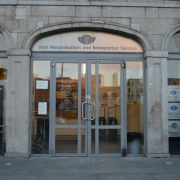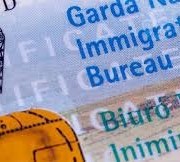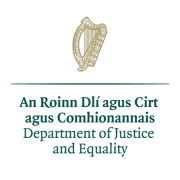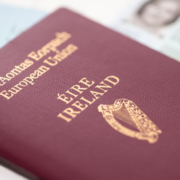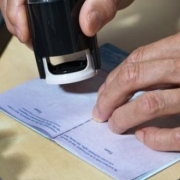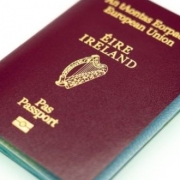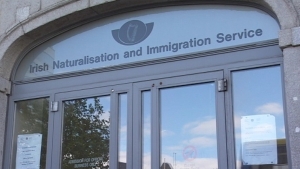IMMIGRATION SERVICE DELIVERY ANNOUNCE BRIDGING PERMISSION FOR ENGLISH LANGUAGE STUDENTS ENROLLED IN HIGHER EDUCATION PROGRAMMES
Immigration Service Delivery have announced a bridging permission for students enrolled in English Language courses who have subsequently enrolled in a Higher Education Programme. The bridging permission applies where students have successfully completed a second or third course and have then enrolled in a Higher Education Programme commencing by the end of October 2023.
The bridging permission will be a short-term Stamp 2 permission, which will be granted until 30th September 2023. The permission will be valid from the date of expiry of their current IRP card. It is a requirement that applicants provide documentary evidence of a confirmed and fully paid Higher Education Programme listed on the Interim List of Eligible Programmes (ILEP) commencing September 2023.
Students wishing to avail of this bridging permission must have an in-date IRP card, or a card that has expired within one month when applying for the permission. They must apply for the permission via their local immigration office if residing outside of Dublin, or via the online portal if residing in Dublin. Students must satisfy the criteria for the bridging permission, provide evidence of their enrolment in a Higher Education Programme listed on the ILEP, and provide evidence that the course fees have been paid in full.
Further details on the bridging permission can be found here:
https://www.irishimmigration.ie/english-language-students-stamp-2-bridging-permission/
Details on the Interim List of Eligible Programmes can be found here:
This blog article has been prepared on the basis of current immigration law and policy, which is subject to change. Please keep an eye on our blog and Facebook page where articles relating to updates and changes in immigration law and policy are regularly posted.

